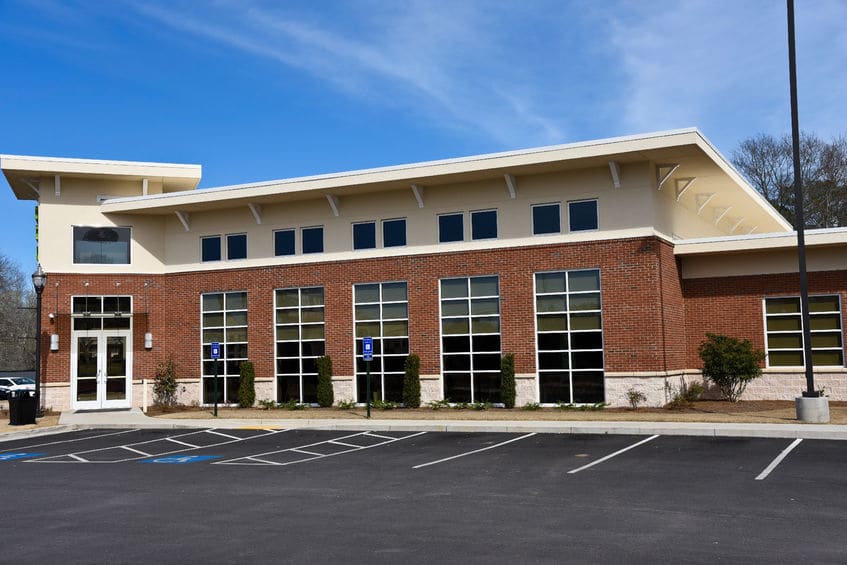
Insurance for Your Business’s Discontinued Operations or Products
Many businesses in Nevada are aware that commercial liability insurance is not mandatory for businesses operating in the state. Nevada is what is termed a “modified comparative negligence fault state.” That means that, in general, a plaintiff must prove that the other party (say, a business proprietor, partnership, or corporation) was negligent. Further, the plaintiff must not be found 51 percent or more at fault for the incident or there is no recovery for the injury or damages.
Needless to say, very few business owners or managers want to leave themselves open to that kind of decision-making process if they are faced with a potentially large or even financially fatal suit for liability. Therefore, most business owners realize that they must ensure their enterprise against liability.
The liability continues because even though you are out of the business, the work performed by your business and the products you sold still exist. If a potential claimants can show, for example, that defects in the staircase you built or in a tool you sold caused an injury, you could face a claim five years after you sold your business.
Discontinued operations and discontinued products: the liability
The coverage you should obtain is called “discontinued operations-discontinued product” insurance. Following are specific conditions under which you might need such insurance coverage:
- You close the business, entirely ceasing operations and sales. On the date the business ceases to exist, your operations liability coverage ends. But not your liability for work you have done or the products you have sold. Thus, if you retire after many years in business for yourself and the business that you operated ceases to exist, you still can find yourself put in financial risk years later by an accident that involves something that you built such as a deck, staircase, or swimming pool. To an extent, of course, the degree and probability of such risk in those circumstances will depend in part upon the potential hazards in your former field of work or in the products that you sold. But, in principle, the liability exists for any former business owner or co-owner.
- You sell the business and the buyer declines to accept liability for what the business did before the date of purchase. That liability remains with you.
- You sell the business and the new owner accepts liability for any claim leveled against the business’s work or products. But then, that new owner becomes insolvent and the business ceases operations. If some work or product provided while you were owner causes an injury, the injured party might turn to you with the claim—and succeed.
- You change the nature of the business as a legal entity, so that, for example, a sole proprietorship becomes a limited liability corporation. Or suppose you have ceased to be a partnership and now are a corporation. The policy that lists the new corporation as the insured will not cover claims against you as part of the partnership. The insurance on the earlier entity has expired; its liability coverage does not pass to the new legal entity and its insurance. But you personally as the owner of the earlier business entity may remain liable for its work and products. The partnership is very well advised, therefore, to buy discontinued products and completed operations insurance. Then, the partners are protected from claims that might arise from injuries that occur after the reorganization.
You should be aware that there are many special instances of these general categories. An acquisition, a merger, or sale of a unit of a business can be the occasion for discontinuing one insurance policy and acquiring a new policy–putting into play the issue of liability for discontinued operations and discontinued products.
When to purchase the insurance
To maintain coverage and protect yourself from a sudden, major claim stemming from a business you closed, sold, or that changed in its legal identity timing is critical. You should purchase the discontinued operations or discontinued products insurance (or both, if applicable) while your business still exists.
This coverage, by the way, is similar to the products-completed operations insurance that is provided under a general liability policy. In the same way, it covers claims for bodily injury or property damage arising out of your product or completed work, but the injury or damage in each case must occur during the policy period.
The premium for the insurance that provides you with this coverage will be some percentage of your operations insurance that is ending. Because the more years that pass, the less your liability and risk of a lawsuit, the premium might begin at almost the same cost as your operations liability insurance for the first year, but then decline to a percentage of that cost and continue to decline each year until you no longer need the insurance.
Risk management
Discontinued operations-discontinued products insurance, of course, is part and parcel of “risk management,” a term with which every business owner or business manager should be thoroughly familiar. Every business has many risks associated with it, and, while some are well-known and obvious, others—like discontinued operations insurance—may be less well-understood. When dealing with risk, it is important to have an insurance broker familiar with your industry, state, and locality to help you obtain the insurance you need at the best price for risk management
In business, as in other areas of life, the past can affect your fortunes, today, in ways not always anticipated. Fortunately, your liability for past work and products sold is a risk that can be anticipated and protection is easily available. Therefore, do not let your coverage for liability lapse.
Check back for information and updates
Check back here regularly for information, insights, and new updates on the insurance coverage that you need, including commercial insurance, insurance for professionals, for the construction industry, and for industry generally. And get in touch with Harris Insurance to call upon our years of expertise in commercial insurance, personal insurance, health insurance, risk management, and surety bonding.




